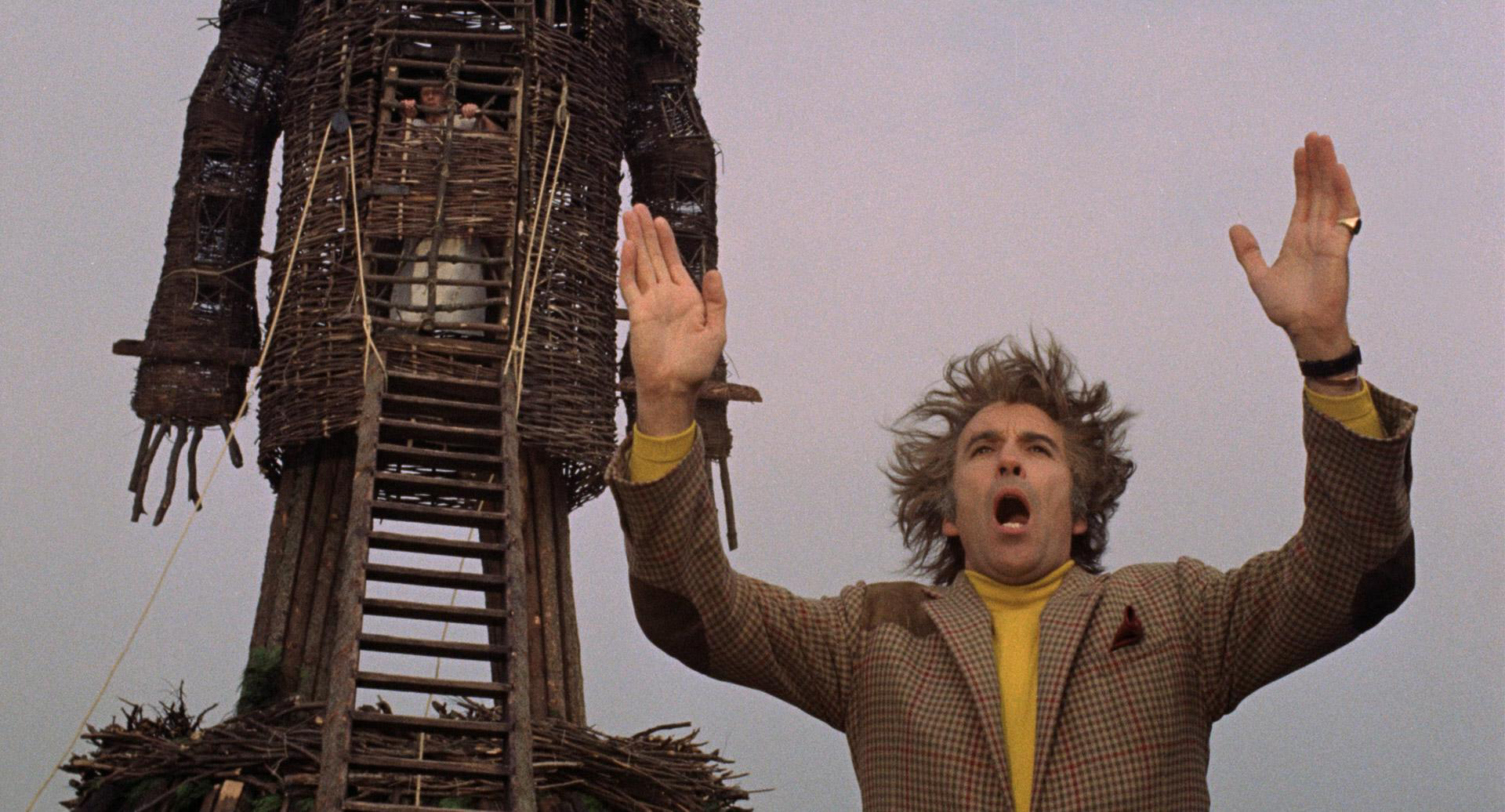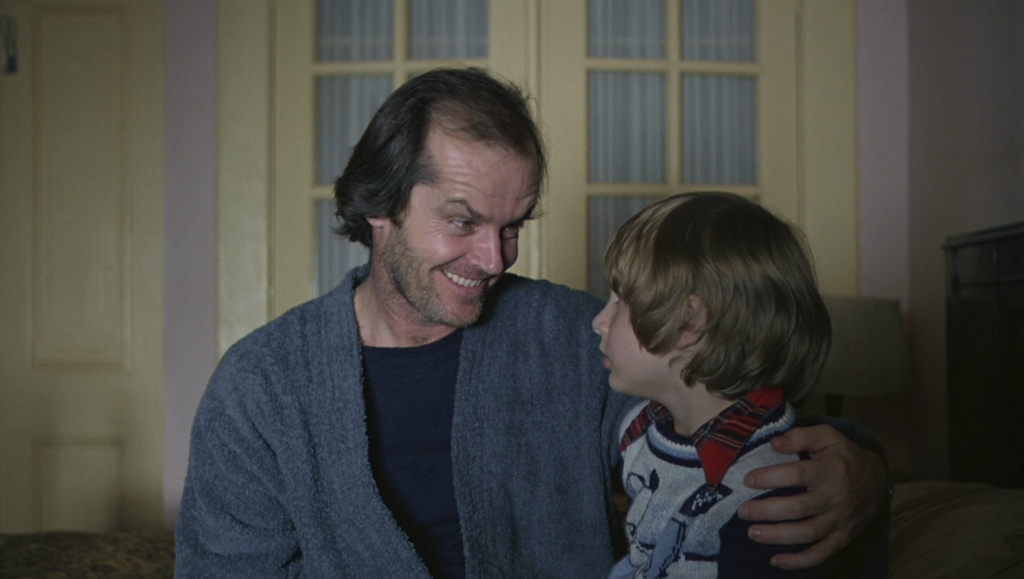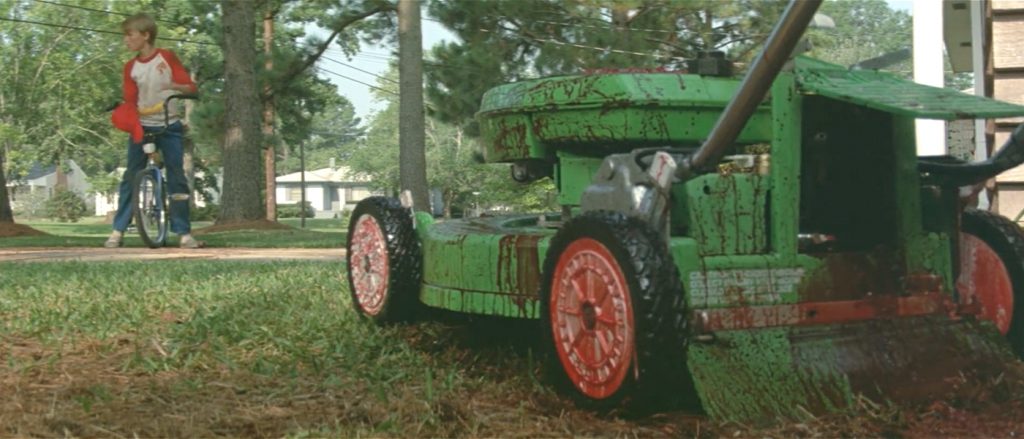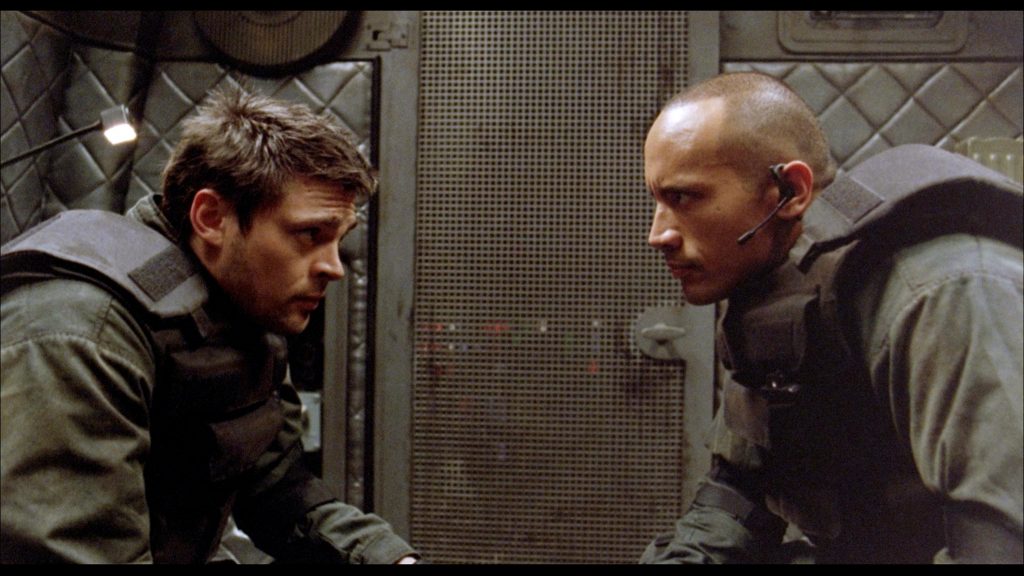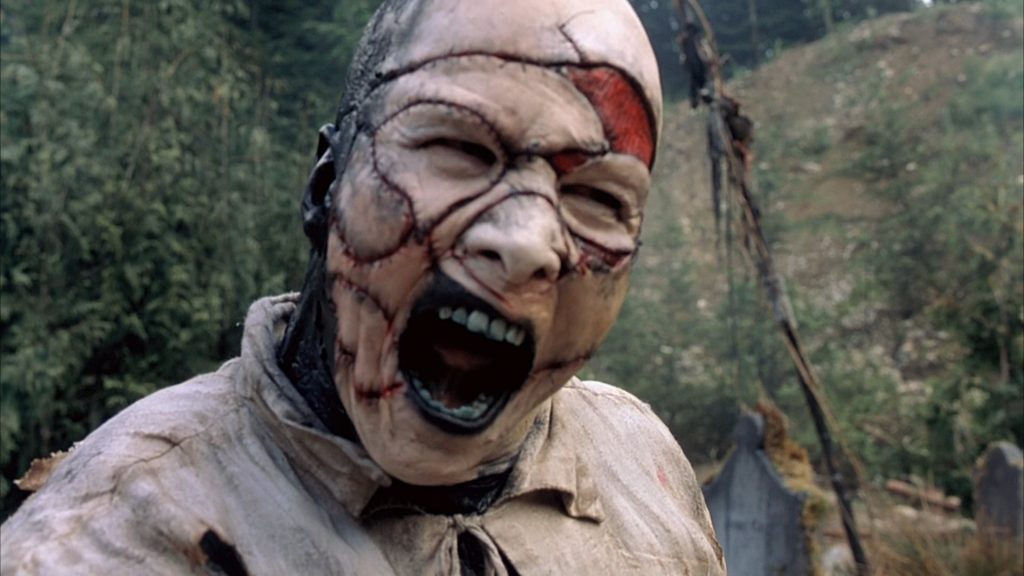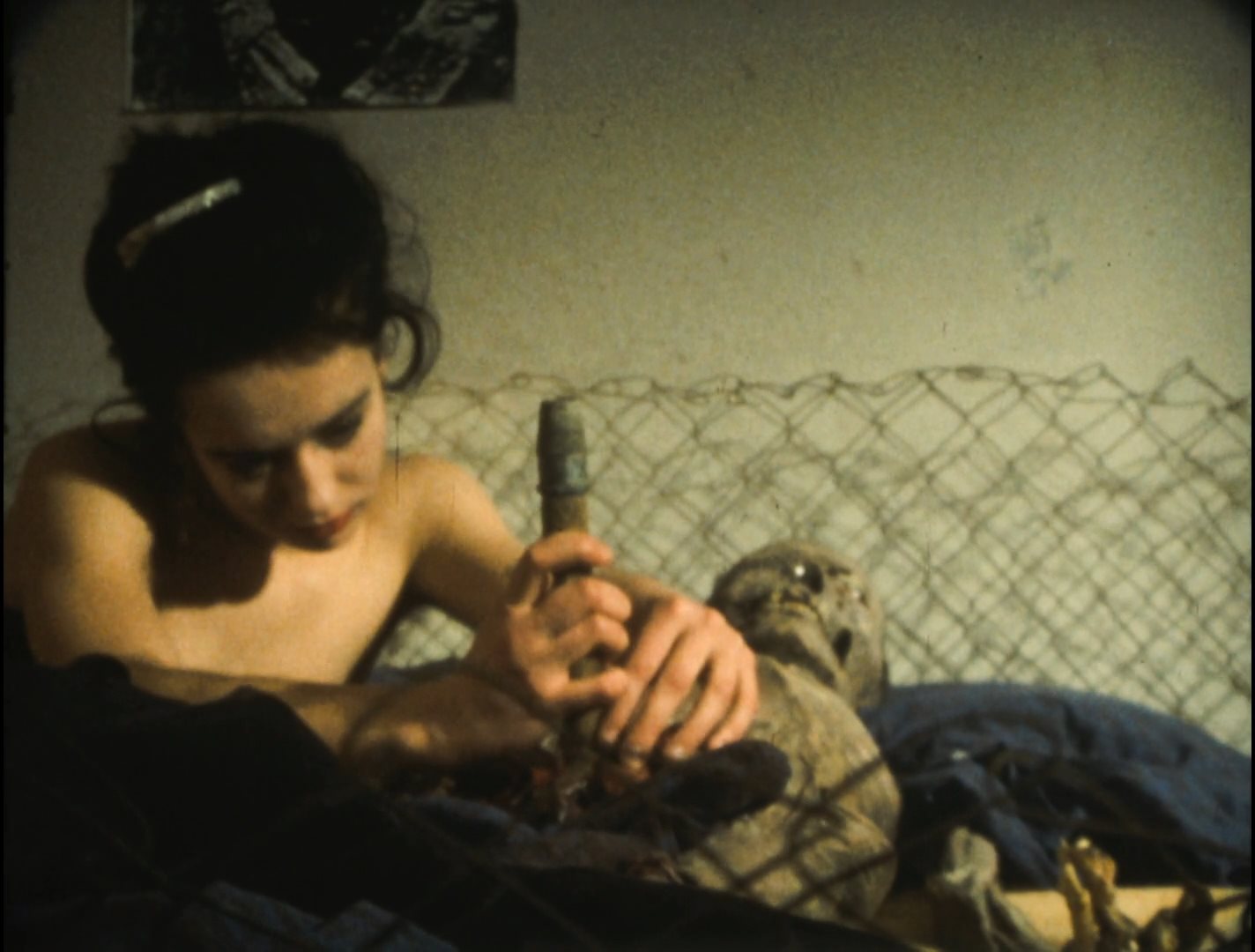Released in 2023, Scavengers Reign oozes with creativity and, well, ooze.
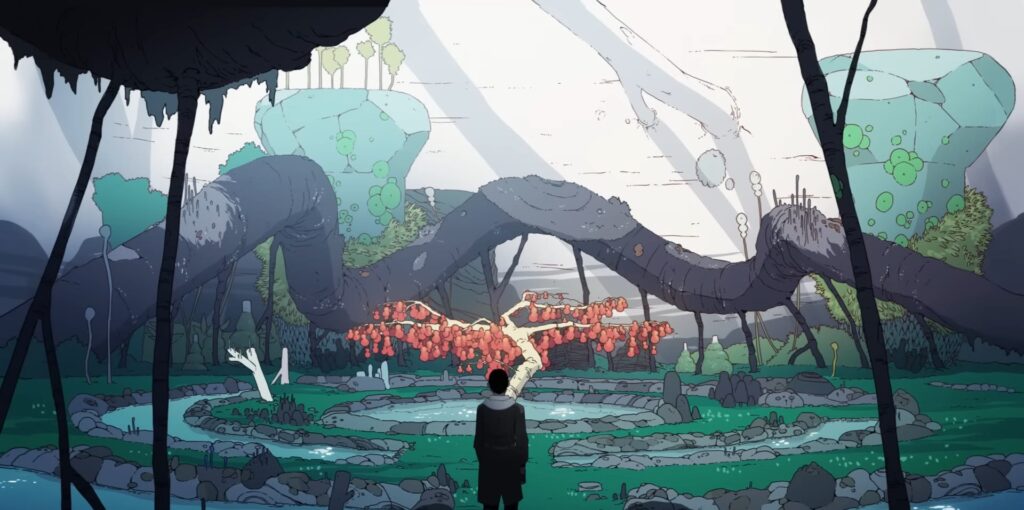
It came out on Max (HBO Go? Go?), and it flew under my radar until this week, when a coworker gave me a resounding recommendation and I saw another post on X that raved about it. When the universe speaks, I listen.
I finished the series in a day. There’s only 1 season. There should be more, but it wasn’t renewed. Some preliminary research suggests the showrunners have more story to tell, but I’m not getting my hopes up. I’m going to treat it like it’s truly finished, and if this post turns out to be preemptive, all the better!
Here come the spoilers. A quick summary of the plot: at an indeterminate point in the future of some universe (maybe ours, maybe not) a massive colony ship loaded with cargo and destined for a new planet runs into trouble. While most of the passengers are in cryo-sleep for the long voyage, a few of the awake crew members manage to escape down to a nearby planet. Their escape pods are scattered far and wide across a strange, diverse, alien landscape.
The story follows a few different people coming from different areas as they get the giant mothership to land, and then head towards it to attempt to rescue those in cryo-sleep and to use the shuttle to get off world and find help.
Flora and fauna are the stars of the show, and scene after scene introduces us to vegetation, habitats, and complex interconnected behaviors of species that could have been inspired by a 5-year-old’s crayon scribbles. Thankfully, I never had any trouble with my suspension of disbelief. Why couldn’t an alien climate give us acid-spitting birds, parasitic lemurs with mind control, and fungus that breathes life into electronics?
The plot line is simple enough as we watch the survivors attempt to survive. Not all of them make it. In fact, death is a constant in the show, alongside that sense of discovery. As is often the case with science fiction, the audience is given a rich tapestry of philosophy and thought to munch on (alongside the gorgeous visuals). It’s not heavy-handed though. While some of the themes are dark (including one particular plot line around guilt) generally the show leans more into light, whimsy, wonder.
At some point, a passing ship hears a distress call from one of the stranded crew, and they join the fray. Slowly, steadily, everyone inches towards the recently landed mother ship: Demeter.
And that brings us to the ending. When they get to the Demeter. It wouldn’t be television without some friction or drama. In this case we have the crew from the passing ship (hoping to loot some cargo for their own home colony) going head to head against the crew of the Demeter who wants to wake up the survivors. Simultaneously, we’ve got aforementioned psycho lemur running around trying to murder everyone that moves. Did I mention it has telekinetic powers?
Unfortunately, one of the looters manages to hop in the sole remaining shuttle and takes off, leaving the rest behind and removing any hope of getting off-planet for quite some time. Much more fortunately, a surprise ally (previously presumed dead) shows up and saves the good guys from psycho lemur (who is actually a parasitic lemur and one of the crew members in a strange symbiosis, but don’t sweat the details).
We see many of the cryo-tubes have been destroyed, but there are still a dozen or more sleepers who the crew dutifully wakes up.
Some time passes, and we cut to a future view of the grounded mothership surrounded by a little village. The humans have been diligent. The mysterious ally I alluded to is off redefining what machines and life are. And while the planet isn’t any less harsh, it’s also no less wonderful, and I got a sense that the colony was thriving, despite the fact they hadn’t quite made it to their intended destination.
The show could have ended there very neatly, but clearly the showrunners had a thread of hope for renewal, and the final scene shows the looter’s shuttle being captured by a giant religious consortium ship floating through the stars. There’s little dialogue, but the imagery suggests mad monks and ritual sacrifices. As they board their captured shuttle, they find that some of the flora and fauna from that mystical planet left with the shuttle, and grew out of control. I believe we’re being set up for a season where the mad monks see the life-giving power of these plants and animals, and attempt to capture and/or control it.
Maybe one day we’ll see if I’m right. But for now, let’s properly review the ending.
I knew going in that it was cancelled, so my expectations for a clean cut weren’t super high. The imagery was so instantly engaging that I knew the art would penetrate into my soul and stay with me even the plot was awful and the ending made no sense.
Lucky for me, the plot was coherent, and the ending answered most of the important questions. Don’t get me wrong — there’s still plenty of questions that have no answer, but it feels like a Tolkien world-building approach. It didn’t leave me infuriated and exasperated as much as I found myself starry-eyed and dreaming about this vast planet of possibilities.
Maybe it was a bit rushed in the last few episodes…I can imagine some of the plot lines were ready to run for a few seasons, but I appreciate the creators doing their best to give the viewers some closure.
In terms of twists, there was maybe one real surprise with the plot, when our surprise ally showed up. The planet already provided ample surprises.
Twists: 5/10
Execution: 8/10
Satisfaction: 8/10
Bottom Line: Clocking in at about 6 hour in total run-time, this is described as a mini-series on IMDB and I think it works in that lens. Yes, there was room and hope for another season, but I believe anyone looking for psychedelic, ponderous, and delightfully imaginative fare will be quite happy with this show and its ending. I know I’ll be keeping an eye out for whatever the creators do next!
